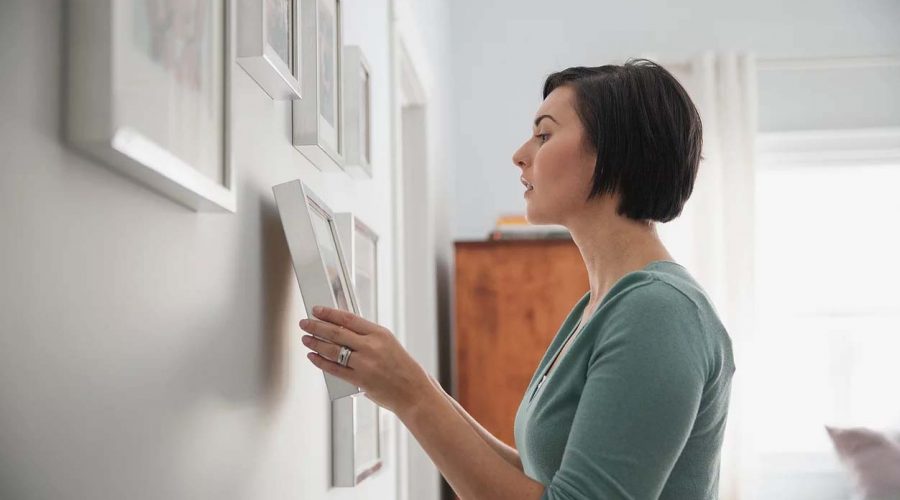Rising interest rates are likely to make it even harder on women who have been using property investment to boost their income and close the gender pay gap.
The number of women buying property to live in and for investment is now outpacing men. That trend is expected to continue in the years ahead, according to data from Westpac and the Australian Tax Office.
But to throw a spanner in the works, Westpac, ANZ and Commonwealth Bank all increased their lending rates by 14, 16 and 15 basis points respectively over the past couple of weeks.
This makes property investment more expensive and brings ANZ’s standard variable owner-occupier rate to 5.36 per cent, with Commonwealth Bank’s rate slightly higher at 5.37 per cent. Westpac’s new rate is 5.38 per cent, according to financial comparison website finder.com.au.
NAB is the only big four bank that has bucked the rate-hike trend, announcing it will leave its standard variable rate on hold at 5.24 per cent today.
The move benefits almost “one million NAB customers and potentially even more if people choose to switch to NAB,” according to Sally Tindall, research director at RateCity.com.au.
At the same time, we have record female employment growth and a national pay gap, which excludes income from investments like property, at a 20 year low of 14.6 per cent, down from about 15.2 per cent in November last year.
Theoretically women today have more money to invest in property and with that comes the added potential benefit of earning income from it.
But this isn’t enough to close the wider gender pay gap because not enough women will benefit, especially when property prices remain high and interest rates are going up.
As of May the average Australian was earning $1586 a week, but the average woman earned $1433.60 a week.
This is about $244.80 a week less that the $1678.40 average weekly earnings for men.
Felicity Duffy, head of Women’s Markets at Westpac, says one reason that many women invest in property is to generate additional income in light of the wage disparity between men and women.
“We know that women face unique challenges to men in looking at their long-term and short-term financial security. Income inequality continues and so women may be looking to another source of income, which an investment property can fulfill.
“There’s also the impact of parenthood many women – and more men are starting to – consider, meaning they may need to spend part of their working life working part-time, which could hinder their ability to earn an income,” she said.
The added challenge to rising interest rates at the moment is that the level of rental income from property has been falling over the past five years, although returns are still better in general than money sitting in a bank account.
At the beginning of the May 2012 capital city gross rental yields were averaging 4.3% but they are now sitting at 3.96%, according to research group Core Logic.
Rental yield is a measure of how much cash an income generating asset produces each year as a percentage of that asset’s value.
Over the past six years yields have slipped to a record low. Rental yields are compressing due to the fact that rental growth is generally weaker than the pace of capital gain.
“My main piece of advice to all women on their home ownership journey is to be empowered to take control of their money and financial future. It is important that people understand their money, spending trends and habits and the factors that may affect them over time,” Duffy said.
“Once you understand your finances, you will be more confident and in a better position to navigate the property market and make decisions that are right for your situation.”













